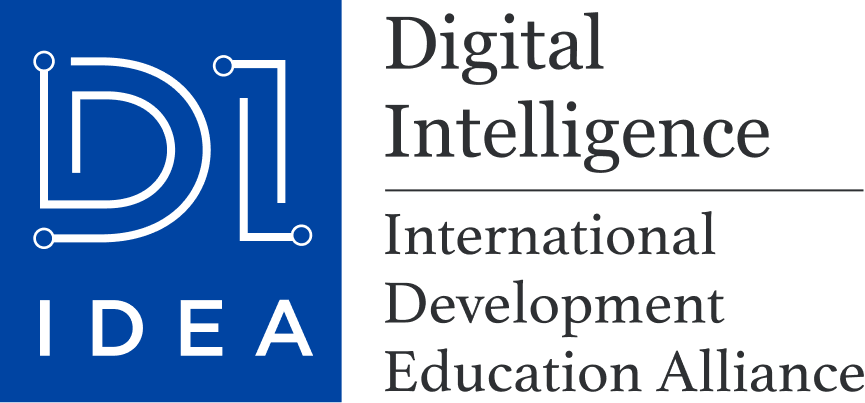Peking University’s Undergraduate Digital Intelligence Curriculum
Peking University has launched the Implementation Plan for Undergraduate Digital Intelligence Education, aiming to build a multi-tiered and multi-pathway educational system. This plan is designed to foster foundational skills in mathematics and computer science among students, equip them with theoretical methods in AI and data science, and enhance their digital intelligence literacy and innovative practice skills. The plan employs an educational model that integrates foundational, general, and specialized courses to nurture innovative talent equipped for future challenges. Key tasks include establishing specialties in digital intelligence, developing a multi-pathway undergraduate curriculum in this field, enhancing AI education, and monitoring the quality of digital intelligence courses.
Students from various backgrounds can access a comprehensive digital intelligence course cluster thanks to the curriculum’s progressive series of courses, which begins with general foundational courses and progresses to specialized core courses in AI or data science. Emphasis is placed on integrating AI content into foundational courses such as computer science to enhance students’ digital thinking and AI literacy.
Peking University will further enhance basic education in mathematics and computer science by updating the undergraduate computer science curriculum. This will include AI and other next-generation IT topics in compulsory courses such as “Introduction to Computing B/C” and “Data Structures and Algorithms,” thereby improving students’ digital intelligence literacy and application skills. Additionally, the course “Problem Solving and Programming” will be transformed into the “AI and Computational Thinking” series. This new series will adopt a problem-oriented approach and connect each course with specific scientific and philosophical issues, enhancing students’ ability to use AI in solving discipline-related problems.
Moreover, Peking University is actively developing general courses on AI and data science to foster interdisciplinary thinking and digital intelligence application skills. The “Boya AI Lectures” will invite experts and scholars to share academic insights and the latest advancements in AI, further broadening students’ horizons.
